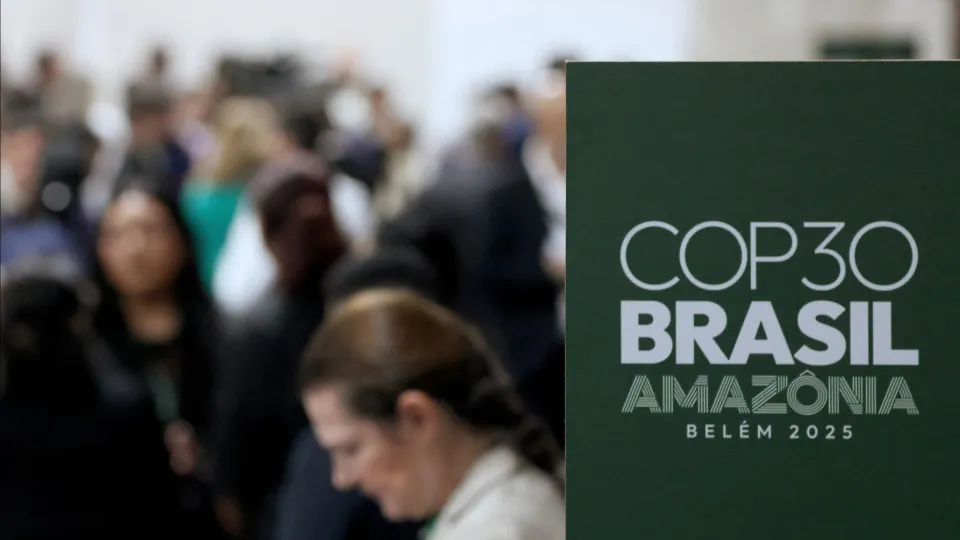
“The government’s financing challenges have become acute; decisive and coordinated policy actions are crucial to restoring macroeconomic stability and addressing external imbalances,” state IMF officials in a note following their visit to the country for discussions on the publication of Article IV, the IMF’s annual economic analysis of its members.
The economic activity, led by mission chief Pablo Lopez-Murphy, “is gradually recovering from an abrupt contraction during the last quarter of 2024, and inflationary pressures are moderated.”
The IMF forecasts that economic growth will “remain moderate, as challenges such as a constrained financing environment, political uncertainty, and foreign currency shortages hinder faster growth.”
The macroeconomic environment is “complex,” says the IMF, noting that despite inflation being controlled and economic activity gradually recovering from the confrontations following last year’s presidential elections, “growth remains moderate” and the economic outlook “is marked by significant uncertainty.”
In the note, which still needs validation by the IMF’s board when the full annual analysis of Mozambique’s economy is published, the Fund’s mission chief for the country writes that the announcement of the resumption of work by TotalEnergies and the lifting of ‘force majeure’ by Exxon provide “a potential boost for medium-term growth,” as does Mozambique’s recent exit from the Financial Action Task Force’s (FATF) gray list due to the authorities’ efforts to combat money laundering and terrorist financing.
In the context of discussions with the Fund for the launch of a new external financing program, the IMF states that “a coordinated policy package that includes urgent fiscal consolidation while simultaneously protecting the most vulnerable and poor, greater exchange rate flexibility, and structural reforms to improve governance and promote private sector-led growth would help Mozambique address its challenges.”
This policy package, it adds, could help overcome Mozambique’s “significant challenges,” notably the “high fiscal and debt vulnerabilities, including government’s arrears, which continue to weigh on the country’s short-term growth prospects, and exchange rate pressures, which increase the challenges.”
“Without decisive policy action, vulnerabilities may worsen, jeopardizing macroeconomic stability and the well-being of the population,” concludes the IMF, which in October forecasted economic growth of 2.5% for this year and inflation of 4.9%.




